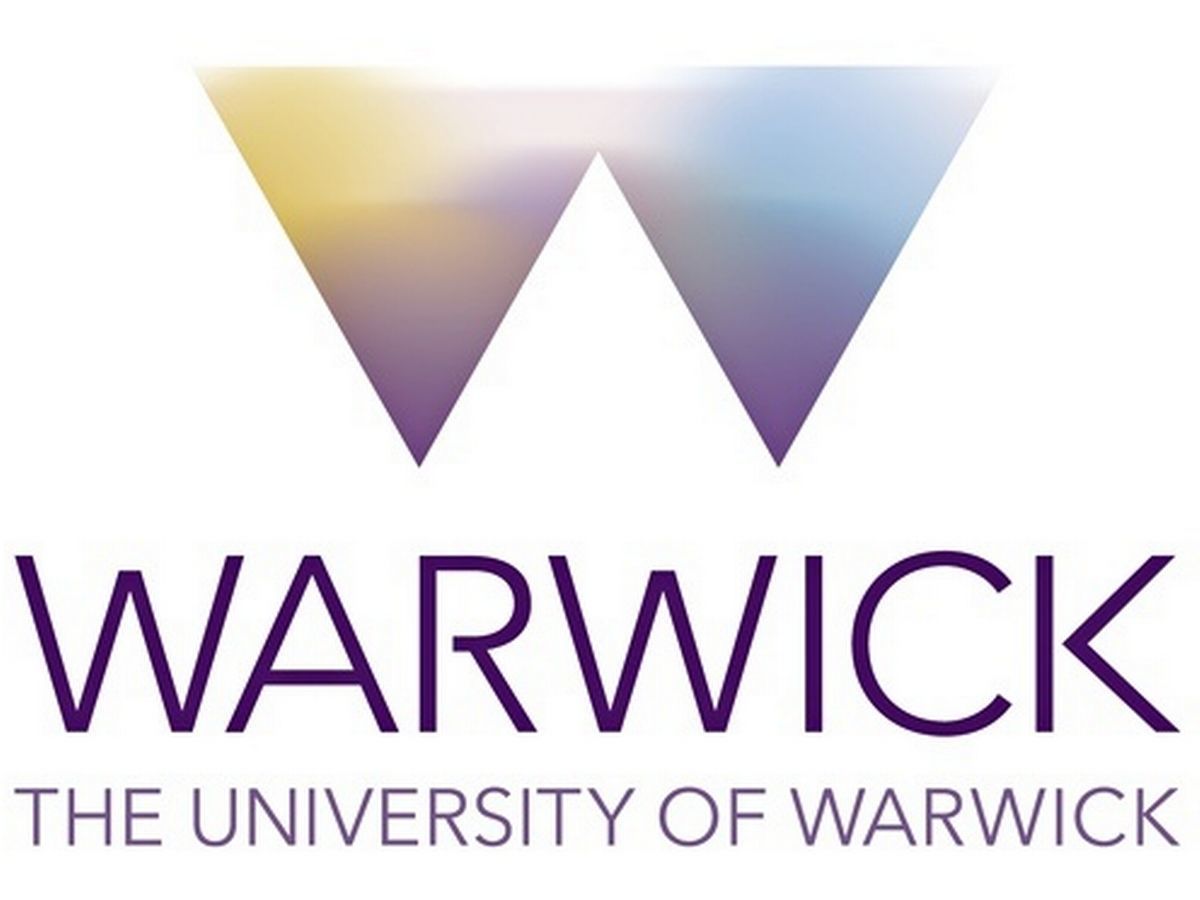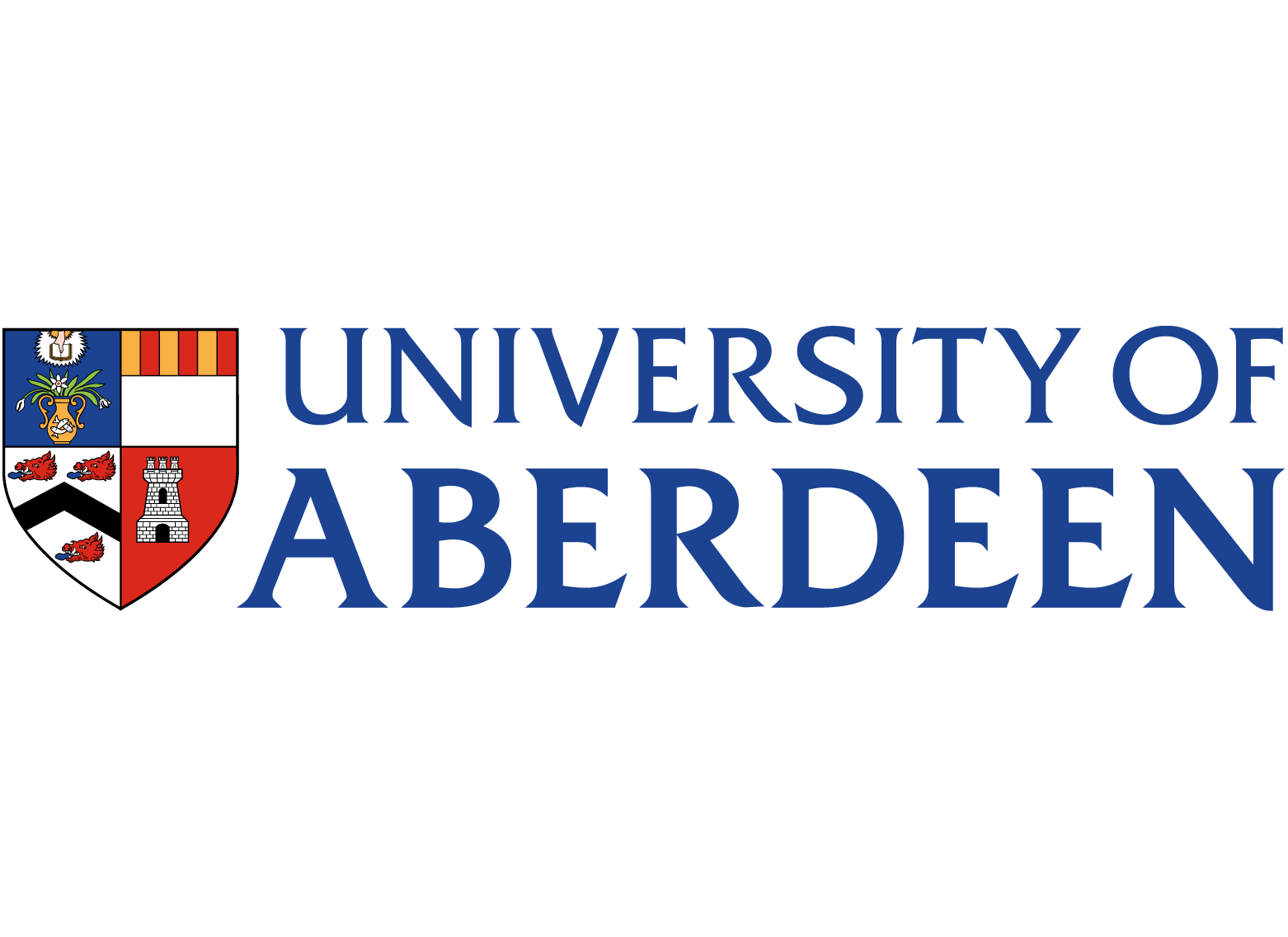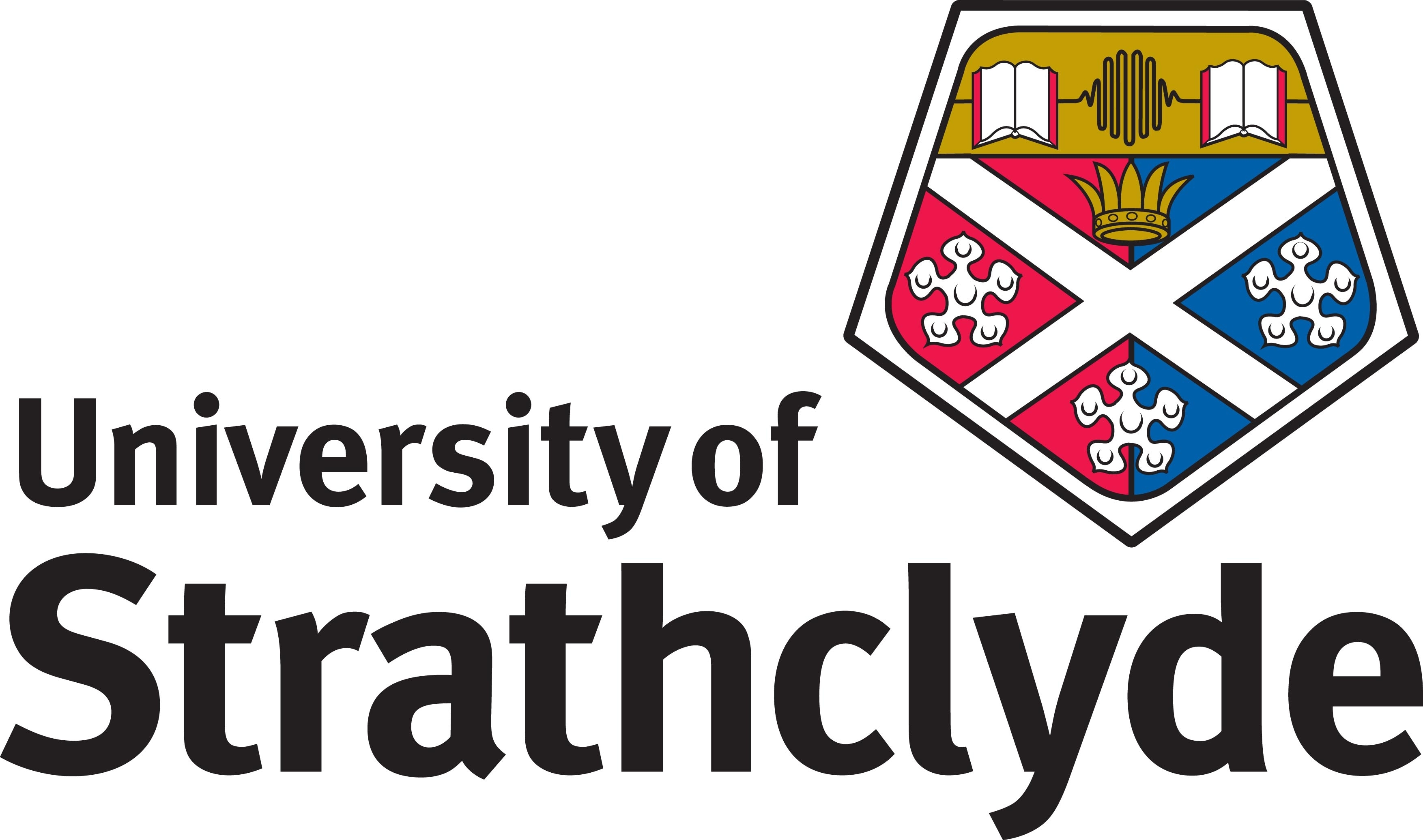The Supergen Offshore Renewable Energy Hub has awarded almost £1.2 million to UK universities to support ambitious research projects investigating all aspects of offshore renewable energy (ORE)
The Hub’s Flexible Funding has been established to enable UK researchers to respond to a number of key research challenges in ORE. It also aims to support project areas that complement existing research, fill gaps or add cross-cutting activities to explore the transfer of research findings between sectors within ORE.
The research being funded in this second Flexible Funding call ranges from developing improved models for multivariate metocean extremes to creating advanced, modular power take-off designs for marine energy converters. There are also a number of electrical cable-based research project investigating challenges including scour, insulation reliability and partial discharge monitoring.
This second Flexible Funding call has also benefitted from the support of the Offshore Renewable Energy (ORE) Catapult. Proposals to the fund had the option to request additional research resource, in collaboration with one of ORE Catapult’s Research Hubs, for projects in relevant research and innovation priority areas for the sector.
The Supergen ORE Hub was established in July 2018 thanks to £5million funding from the Engineering and Physical Sciences Research Council (EPSRC), and was subsequently awarded a further £4million in June 2019. It provides research leadership to connect stakeholders, inspire innovation and maximise societal value in offshore renewable energy.
The Hub is led by Professor Deborah Greaves OBE, Head of the School of Engineering, Computing and Mathematics at the University of Plymouth and includes Co-Directors from the University of Aberdeen, University of Edinburgh, University of Exeter, University of Hull, University of Manchester, University of Oxford, University of Southampton, University of Strathclyde, and the University of Warwick.
The Supergen ORE Hub’s second Flexible Funding call has once again received a great deal of interest, with a large number of very high quality research proposals submitted. We are delighted to award this funding aimed at enabling researchers, in collaboration with industry partners and the ORE Catapult, to deliver fundamental research that will advance the development of the offshore renewable energy sector.
“With offshore renewables now a significant player in the nation’s energy landscape, it is vital that the UK’s world-leading academic research base and industry experts work closely together, to translate applied research to match industry need. The Supergen ORE hub is an excellent example of how we can achieve this collaboration. It has been incredibly encouraging to see the level of industry engagement and collaboration across the Flexible Funding Call applications. The successful research projects will be invaluable in tackling some of the key challenges that the offshore renewable industries face both now and in the future.”
Notes to Editors
For more information about this news release, contact Supergen ORE Communications and Engagement Officer Kirsty Henderson on 01752 587881 or email kirsty.henderson@plymouth.ac.uk.
The full list of funded research project titles and lead institutions is as follows:
- Impact of in-service oscillatory movement on insulation reliability of AC and DC cables serving offshore platforms (University of Manchester)
- Investigation into the coupling of a wave energy converter with a reverse osmosis desalination plant (Queen's University Belfast)
- Advanced, Modular Power Take-Off Design for Marine Energy Converters (University of Edinburgh)
- COrrosion And fatigue protection of offshore wind Turbine structures using additive manufacturing technology (COATing) (Cranfield University)
- V-SCORES (Validating Surface Currents at Offshore Renewable Energy Sites) (University of the Highlands and Islands)
- LoadTide (University of Edinburgh)
- WTIMTS - Wave-Turbulence Interaction and Measurement for Tidal Stream (Swansea University)
- Smart piezoelectric metamaterials for partial discharge monitoring (University of Strathclyde)
- Demonstrating a machine learning system to integrate metocean data, sensor networks, and model output for improved coverage and accuracy (University of Exeter)
- A hybrid and scalable digital twin for intelligent direct drive powertrain condition monitoring (University of Strathclyde)
- Cable scour from fluid-seabed interactions in regions of mobile sedimentary bedforms (Bangor University)
- Improved Models for Multivariate Metocean Extremes (IMEX) (University of Exeter)
The Supergen ORE Hub
The Hub is a £9 Million Engineering and Physical Sciences Research Council (EPSRC) funded project. Led by Prof. Deborah Greaves OBE, Head of School of Engineering, Computing and Mathematics at the University of Plymouth, the Hub is a consortium of Universities researching Offshore Renewable Energy which also includes University of Aberdeen, University of Edinburgh, University of Exeter, University of Hull, University of Manchester, University of Oxford, University of Southampton, University of Strathclyde and University of Warwick.
The Supergen ORE Hub is one of several Hubs created by EPSRC to deliver sustained and coordinated research on Sustainable PowER GENeration and supply.
The Supergen ORE Hub brings together and builds on the work of the former Wind and Marine Supergen Hubs following consultation with the research community. The new hub looks for synergies between wind, wave and tidal technologies as well as building on current research in each area.
About the University of Plymouth
The University of Plymouth is renowned for high quality, internationally-leading education, research and innovation.
With a mission to Advance Knowledge and Transform Lives, Plymouth is a *top 50 research university with clusters of world class research across a wide range of disciplines including marine science and engineering, medicine, cybersecurity and psychology. A three-time winner of the Queen’s Anniversary Prize for Higher and Further Education, most recently in 2020 in respect of its pioneering research on microplastics pollution in the oceans and its impact on the environment and changing behaviour, the University continues to grow in stature and reputation.
It has a strong track record for teaching and learning excellence, and has one of the highest numbers of National Teaching Fellows of any UK university. With over 19,000 students, and a further 9,500 studying for a Plymouth degree at partner institutions in the UK and around the world, and over 135,000 alumni pursuing their chosen careers globally, it has a growing global presence.
* Research Fortnight Research Power League Table 2014.
About the Offshore Renewable Energy Catapult
ORE Catapult was established in 2013 by the UK Government and is part of a network of Catapults set up by Innovate UK in high growth industries. It is the UK’s leading innovation centre for offshore renewable energy.
Independent and trusted, with a unique combination of world-leading test and demonstration facilities and engineering and research expertise, ORE Catapult convenes the sector and delivers applied research, accelerating technology development, reducing risk and cost and enhancing UK-wide economic growth.
Active throughout the UK, ORE Catapult has operations in Glasgow, Blyth, Levenmouth, Aberdeen, the Humber, the South West and Wales and operates a collaborative research partnership in China.











